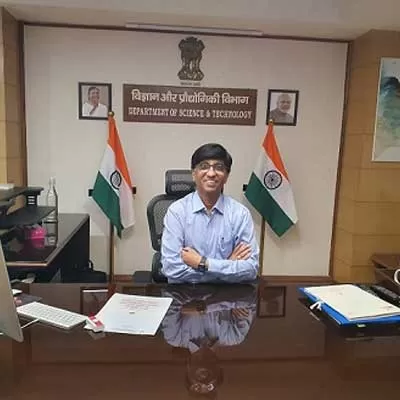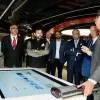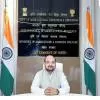
Tech-Driven Policy Vital for Progress: DST Secretary

Proposed Safeguard Duty on Steel Imports Concern for Indian CE Sector
The Indian Construction Equipment (CE) industry, currently valued at around $9.5 billion, stands as the third-largest in the world, following only the United States and China. The sector plays a pivotal role in enabling infrastructure development across the country by supplying advanced, high-performance machinery required for building roads, bridges, railways, and urban infrastructure efficiently and cost-effectively.Steel is a critical raw material in the manufacture of construction equipment, forming the backbone of heavy-duty machines used across multiple sectors. Various grades of steel, ..

Indian Real Estate Sees 5x Jump in Deal Values in Q1 2025: GTB
According to the Grant Thornton Bharat Real Estate/REITs Dealtracker, Q1 2025, India’s real estate sector witnessed a robust surge in deal activity, with 28 transactions totaling $1.2 billion— reflecting a remarkable 133% year-on-year growth in volumes and more than a five-fold jump in values compared to Q1 2024. This momentum came despite a subdued IPO and QIP landscape, reflecting sustained investor confidence in the sector. While overall values were down 51% quarter-on-quarter due to the absence of large QIP deals seen in Q4 2024, strong private equity and M&..

Gini & Jony Appoints Harsh Agarwal as New CEO
Suditi Industries Ltd. announced the official appointment of Harsh Agarwal as the Chief Executive Officer of their renowned kidswear brand, Gini & Jony. This internal decision received Board approval, and formal notification has been submitted to the Bombay Stock Exchange (BSE). The appointment marks a pivotal moment for the 45-year-old brand as it embarks on a new phase focused on innovation, expanded reach, and enhanced consumer engagement.Harsh Agarwal succeeds Prakash Lakhani, the visionary founder and former CEO who has led the brand since its inception. Lakhani will now transition in..














